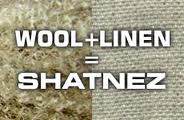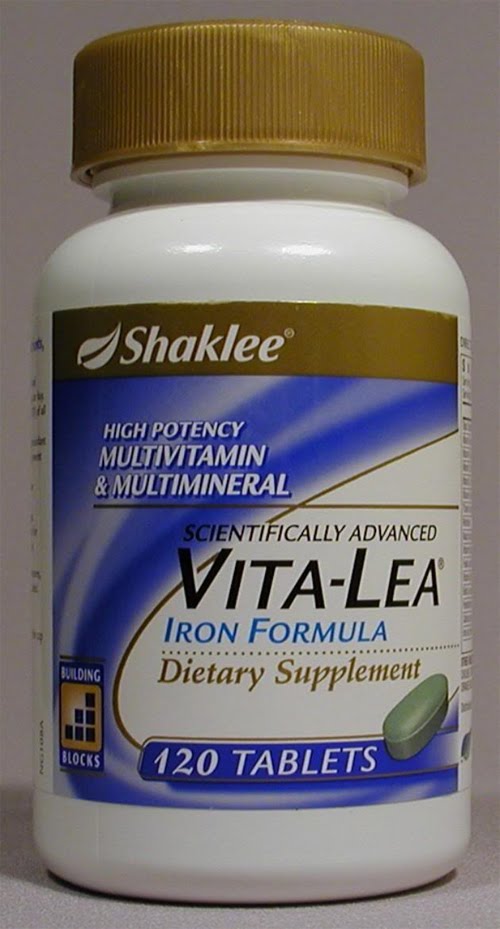This article is an attempt to provide a review of some of the pertinent details of the mitzvah of shatnes, to educate consumers so that they avoid purchasing garments containing shatnes, and to dispel many of the myths about certain types of clothing and textiles that do or do not contain shatnes. We hope to reduce the all too frequent instances in which the joy one naturally experiences upon purchasing a new garment is diminished when shatnes is discovered.

The Mitzvah of Shatnes

It’s Takke a Taco
Those tried and true N.Y. subway travelers of the ‘60’s and ‘70’s remember the memorable poster of the smiling Indian holding a delicious corned beef sandwich with the caption, “You don’t have to be Jewish to Love Levy’s Real Jewish Rye.” Today, with the virtual explosion of ethnic foods, you don’t have to be Japanese to enjoy Sushi, you don’t have to be Italian to enjoy ravioli or minestrone, and you don’t have to be Mexican to enjoy tacos and burritos. However, the common link between all these ethnic foods is that today the kosher consumer can sink his teeth into a delicious enchilada or schwarma that bears reliable kosher certification.

She Sells Sea Shells: But Are They Kosher? The Kashrus Status of Glucosamine and Other Arthritis Remedies
Fall 2001
As the kosher consumer crosses Maryland’s spectacular Chesapeake Bay Bridge, it is hard to imagine that glucosamine, one of the most widely used arthritis remedies, is derived from the seafood shells found deep in the waters below. Sea shells are not the only surprising source of muscle and joint remedies. The levona (frankincense) used in the Beis Hamikdash, deer antlers, and an array of animals – including sharks and bees – also contain the raw materials of over-the-counter arthritis supplements.
STAR-K receives numerous inquiries regarding these products. This is no wonder, as over 40 million Americans suffer from some form of arthritis, and billions of dollars are spent each year on prescriptions and remedies. The following is an overview of how these products are manufactured and their kashrus status. Note: See disclaimer below.1
Glucosamine
The raw material for most glucosamine comes from crab, shrimp or lobster shells. Unlike oyster […]

STAR-K Kashrus Guide for the OB/GYN Patient
Updated November 2024
When visiting an obstetrician/gynecologist, a patient may be given prescriptions or recommendations for an array of products by her physician. The patient may be confused about whether a particular product is kosher. The following guide was prepared to help clarify the kashrus issues regarding these products.[1]
Ideally, one should purchase medicinal products and vitamins with a reliable kosher certification. Unfortunately, this is not always possible. In the event a product is not kosher approved, one should consult her rav, as one does with any halachic question.
The following guidelines in this regard are the halachic ruling of Rav Moshe Heinemann shlit”a, STAR-K Rabbinic Administrator.
NOTE: The following are general halachic guidelines and cannot possibly cover all scenarios. Under no circumstances should an individual forgo taking a prescribed medication without first consulting her physician and rav.
CHOLEH SHEYEISH BO SAKANA: ONE WHO IS ILL AND WHOSE LIFE MAY BE IN DANGER
A choleh […]

 STAR-D
STAR-D STAR-S
STAR-S